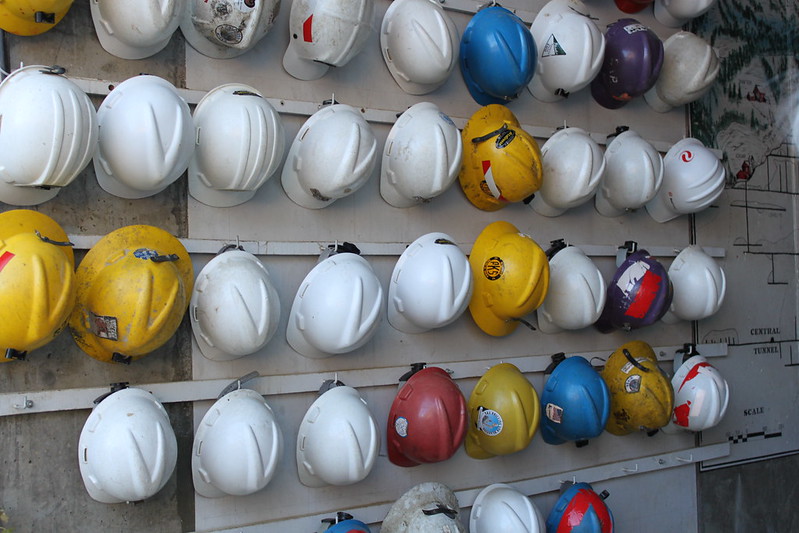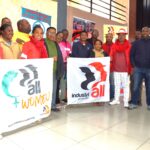31 August, 2022Unions in Madagascar are concerned that the mining code – the country’s legal framework for mining development – is silent on workers’ and human rights. Revising the mining code provides the government with the opportunity to include the creation of decent jobs, protection of workers’ rights including for women miners, living wages, social dialogue, and social protection.
During consultative meetings on the code, the unions had presented their expectations, which included the protection of workers’ rights and the rights of women in the mining sector, improved working conditions including curbing long working hours, ensuring health and safety in the mines, and paying living wages that catered for the cost of living.
Unions want the mining code to include artisanal and small-scale mining, protection of community interests, and for mining resources to contribute to local development. Amendments to the mining code is an opportunity to adopt and domesticate the recommendations from the African Mining Vision (AMV), which argues that mineral resources can be used for economic development and industrialization.
“The unions want a mining policy framework that benefits the Malagasy people. Without a sound policy and legal framework, it is impossible for the mining sector to support sustainable development. The mining code must promote better mineral governance that benefits the Malagasy citizens and protect the environment. The AMV, to which Madagascar subscribes as an African Union member state, highlights the critical role that can be played by policies that maximize the benefits from mineral resources,”
says Remi Henri Botoudi, IndustriALL Madagascar chairperson.
20 participants from IndustriALL affiliates participated at the meeting in Antananarivo on 25-26 August
To build trade union capacity and a labour perspective on the mining code, the IndustriALL Sub Saharan Africa regional office commissioned a study by two experts Mutuso Dhliwayo, from the Zimbabwe Environmental Law Association and Toky Ravoavy, an independent consultant, to help unions develop a deeper understanding and learning of the provisions of the mining code and what it means for workers.
The experts presented their findings at the meeting after analysing the 14 chapters of the mining code and concurred on the issues raised by the unions, as well as on the critical importance of collective bargaining agreements, inclusion of civil society organizations and local communities in policy making, and the AMV. Additionally, the meeting heard that mining companies must include environmental protection in their operations.
“Madagascar is rich in minerals that can be exploited for the development of the island, and these minerals are mined by workers. The union demands for decent work guarantees in the mining code must be supported. While recognizing that mining is a male-dominated sector, it is important to stress that women miners should not be discriminated through exclusion from the mining code. The code should address women miners’ concerns including those on gender-based violence and harassment,”
says Paule France Ndessomin, the IndustriALL regional secretary for Sub Saharan Africa.
20 participants from IndustriALL Global Union affiliates, Federation des Syndicats Travailleurs des Entreprises Franches et Textiles (FISEMA/SEMPIZOF), and Sendika Kristanina Malagasy (SEKRIMA), and Syndicalisme et Vie des Societes (SVS) attended the meeting in Antananarivo on 25-26 August, which was held with support from ACV-BIE Belgium. The regional office study was conducted in cooperation with Union to Union, Sweden.


